Can investing really make a positive impact on the world?
by Dan Kirslis, CFP®, Financial Advisor
As a broadening audience recognizes the threats of ecological devastation and societal injustice, there has been a surge of interest in investments that make a positive social and/or environmental difference in the world. But can investors really make the world a better place?
The answer is yes, and broadly speaking, there are two ways to effect change: providing capital and exercising control.
Providing capital can take many forms, from loaning money directly to a small business in your community to buying shares of a publicly traded company on the NYSE. No matter the form, the basic idea is the same: by putting your money toward a company that seeks to do good work, you increase their financial capacity to support their operations. Loaning to or buying shares in a smaller mission-driven organization is generally referred to as impact investing. It allows for a directly observable impact, but it is also relatively risky and costly. On the other side of the spectrum is ESG investing. ESG ratings assess large, publicly traded companies on a large variety of metrics related to environmental, social, and governance concerns. By buying shares of companies with higher ESG ratings, investors support the share prices of companies that operate more responsibly, thus providing them more financial flexibility. The positive influence on the world is less direct than in impact investing, but ESG investing tends to be less financially risky – ESG portfolios can easily be diversified and composed of large, relatively stable companies.
The other way investors can have a positive impact is by exercising control. Owning shares in a company entitles you to vote on resolutions concerning the company’s management at the annual shareholders’ meeting. Shareholders can also draft resolutions to be voted on or use the soft power that this grants them to pressure the company to enact their desired changes. This is generally referred to as shareholder advocacy. Although the Trump administration enacted rules to make shareholder advocacy more difficult, shareholder advocates continue to grow in strength in the financial industry.
Of course, non-professional investors likely don’t have the time or expertise to vet impact investing opportunities, screen companies for responsible management, or vote on and sponsor shareholder resolutions. Moreover, building a portfolio to responsibly pursue these strategies will depend significantly on one’s personal circumstances. At Chicory Wealth, we work with clients who care about the planet and the people who inhabit it. Through comprehensive financial planning and asset management, we can create portfolios designed to have a positive impact.
This article appears in the Impact Investing Guide of Mother Jones Magazine, March-April 2021 edition.
Photo by Michael Liao of Unsplash.




